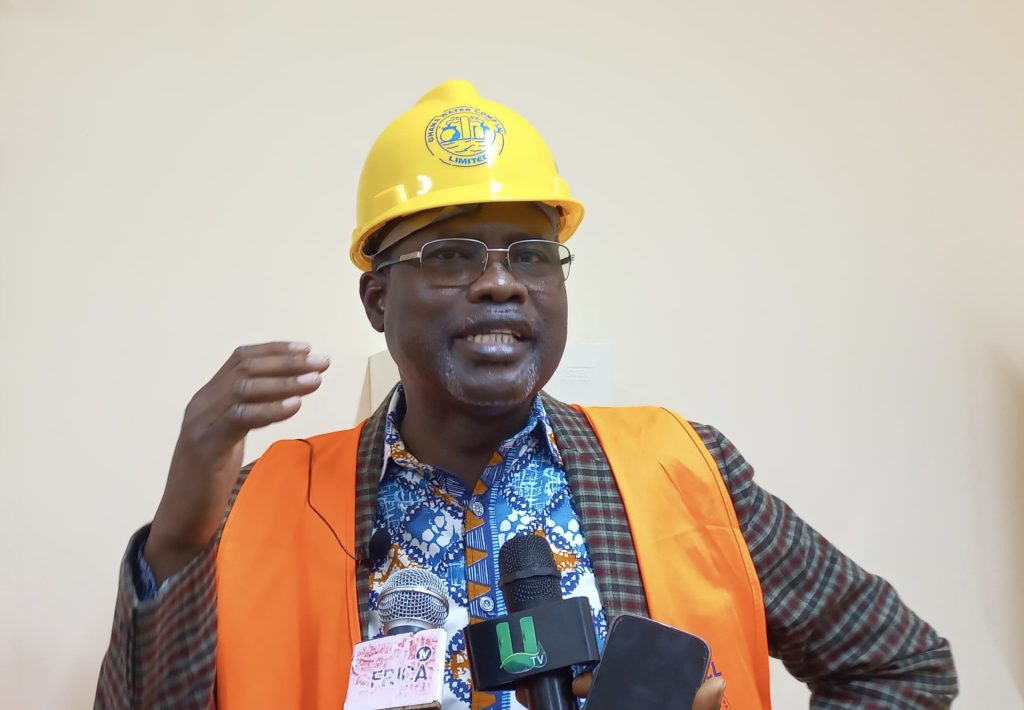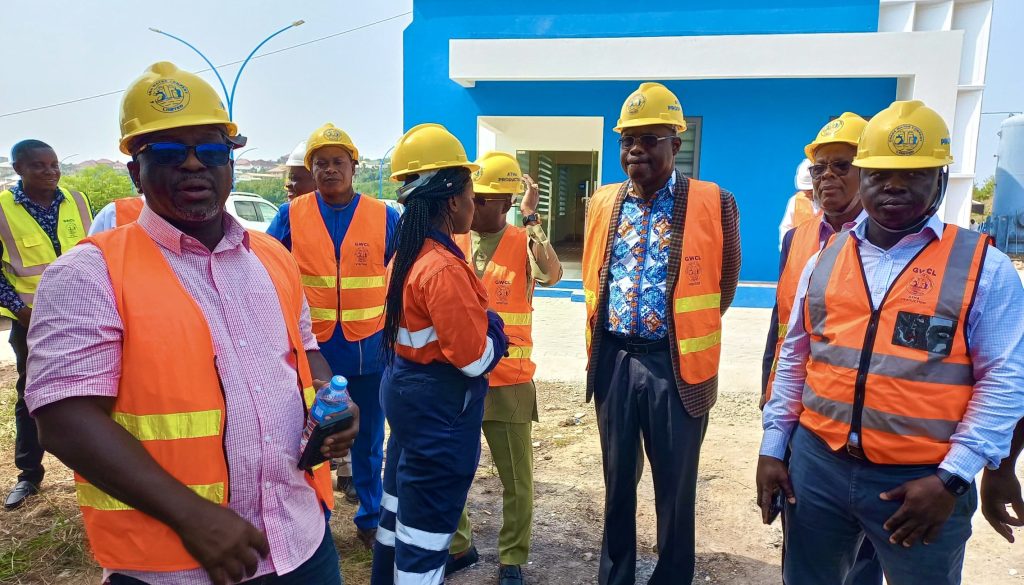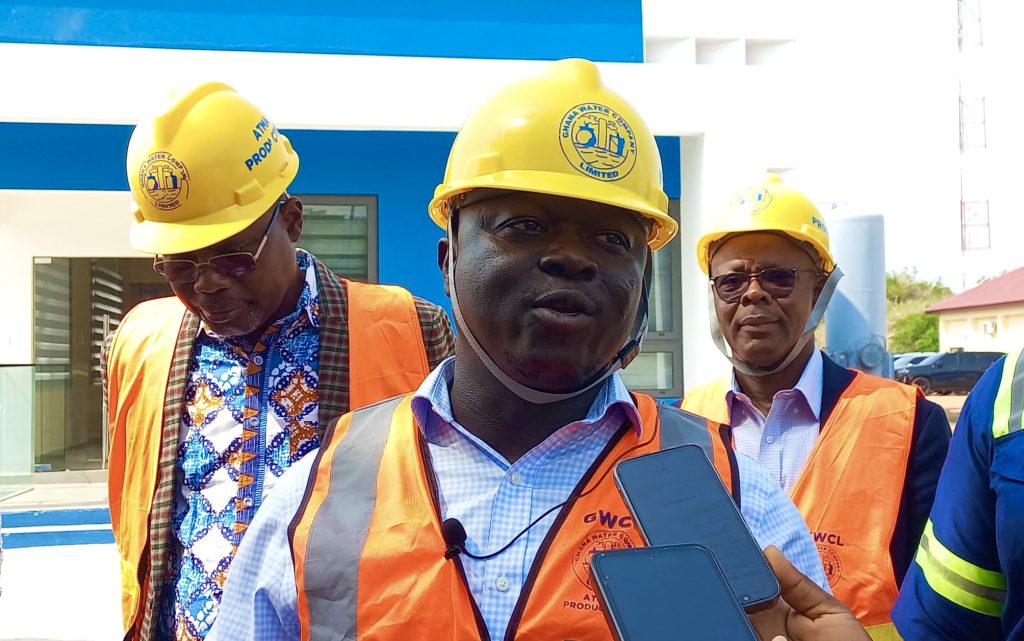By James Amoh Junior, GNA
Accra, Dec. 3, GNA – The Ghana Water Limited (GWL) has announced a major milestone in Accra’s water supply capacity with an additional 25,000 cubic meters of water pumped daily, following a strategic investment of 6.2 million euros.
The new system is projected to benefit over 250,000 residents daily, ensuring greater access to clean water for Ghana’s bustling capital.
This follows the installation of two new pumps out of four others procured with control panels and components to improve the 120,000m³ daily average production capacity of the Weija Treatment Plant to 145,000m³ daily.
The Weija Treatment Plant, which has two intake stations for raw water abstraction, is expected to produce about 26 million gallons of water a day.
However, according to the utility company, in the last months, there had been problems with some of the old pumps at the intake stations, reducing production to about 20 per cent of the total capacity.
The newly installed system would shore up the 20 per cent shortfall in production which had affected parts of Accra, including Achimota, Tesano, North Kanashie, Dansoman and Kasoa corridors.
The 6.2 million euros investment was entirely funded through GWL’s Internally Generated Funds (IGF).
Dr. Clifford A. Braimah, Managing Director of GWL, who inspected the newly installed pumps at the intake station of the Weija Treatment Plant with some of the company’s engineers, said the expansion was part of the company’s broader vision to address Accra’s growing water demand.

He said the improvement in pumping capacity 120,000 cubic meters to 145,000 cubic meters daily reflected the company’s commitment to serving the people of Accra effectively.
Dr. Braimah, highlighting the importance of the investment and its direct benefits for underserved areas in the city, said the enhancement translated to about 100 liters of water per day for an additional 250,000 people.
“With the installation of the two additional pumps, the supply chain is expected to grow to include 420,000 individuals,” he added.
However, he acknowledged the inherent delays in water distribution, particularly to downstream communities after such installation, explaining that “water doesn’t immediately reach its intended destination after pumping. The system needs time to stabilize, especially in areas where pipes have dried up. This is akin to clearing a traffic jam before vehicles can flow freely.”
The new pumps are designed to last for at least 25 years, significantly reducing the need for frequent replacements and operational disruptions.

It also incorporates advanced monitoring features to detect potential issues such as overheating, ensuring timely interventions and minimizing downtime.
The MD said, “This project not only increases capacity but also introduces a more efficient energy use system. The new pumps consume less power while delivering higher output compared to the old ones.”
Therefore, he urged the public to assist in minimizing losses due to leaks and illegal connections and pay their water bills promptly, as consistent revenue was crucial for maintaining and upgrading services.
Dr Braimah noted that, in addition to the current improvements, GWL was planning further expansions to meet the demands of Accra’s growing population as it was in discussions with the Danish Embassy to develop projects that could channel water from Aveyime to Accra.
GWL is working on building new treatment plants in Kpong as part of its long-term strategy to bolster water supply, he added.

Dr. Hadisu Alhassan, Production Manager, Accra Tema Metropolitan Area (ATMA) Production, said the Weija Treatment Plant pump upgrade was essential to addressing the current shortfalls in daily water production at the plant, which operates with two intake stations.
He said the supply challenges hitherto witnessed in some parts of western Accra would be ameliorated with some additional six million gallons of water per day as a result of the installation of the two pumps
GNA